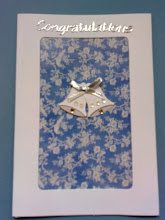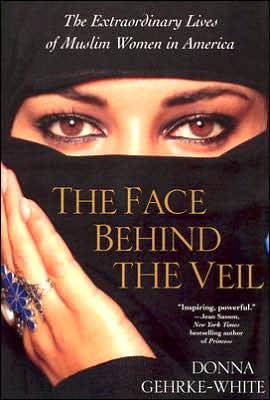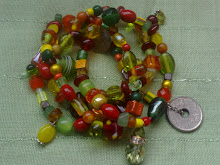My
office marked International Women’s Day 2018 with a series of talks by women
discussing success, how they got to where they are today and how they balance
the different parts of their life. The
conversations I am hearing around me are about gender parity, career
progressions, self-belief and equal pay.
As a believer in fairness and justice all of these seem like noble
things.
But
when I think of International Women’s Day I think of my nan, a women I never met. She died in childbirth when my mother was a
little girl, her baby having died a few days earlier. Maternal health and maternity care is a
subject close to my heart, having been through seven pregnancies and having had five
children.
Perhaps
people don’t realise quite the impact that poor maternity care and the death of
a mother can have on her family, her children and even the generations that
come after. My mother was never sent to
school, no one bothered to send her, if her mother had been alive perhaps she
would have fought for her daughter’s education in the way that her step mother
ensured that her daughters went to school.
She married young and came to England where she was not always treated
well by her in-laws. Her illiteracy meant
that she was isolated and in those days she could not always contact her family
easily. Her lack of a mother meant she
was missing the strong advocate that could have fought her corner at such a testing
time of her life.
Her
illiteracy also meant that she was too intimidated to be involved in our school
life and could not help with our school work, although later she pushed us all
hard to get to university, even when my dad was against the idea for me.
Another
impact on her of losing her mother at such a young age was that she never
learned to show affection to her own children or to manage her own anger and pain
in a reasonable way for most of her childhood.
It was only later as adults she started to hug and kiss us much to our absolute
pleasure. But it meant that for much of
my early adulthood I was certainly a cold fish, being completely clueless about
how to behave when friends hugged or showed me affection.
When
my mum had her own children she missed out on all of the special care you
receive from your mother following childbirth: the special food, the extra rest
and care. When it was my turn to have
children, she simply didn’t know what was required of her, asking friends for
advice that would have been passed down from her mother.
The
point is that the influence of my nans death was felt through two more
generations at least, perhaps more as I know I am still mitigating the effects
of her death on my life.
People
might complain that in the modern world there is no longer the need for feminism
or International Women’s Day, but I would disagree. Whilst there are places in the world that
women cannot access decent healthcare or education, there is a need to keep pushing
for progress.






































